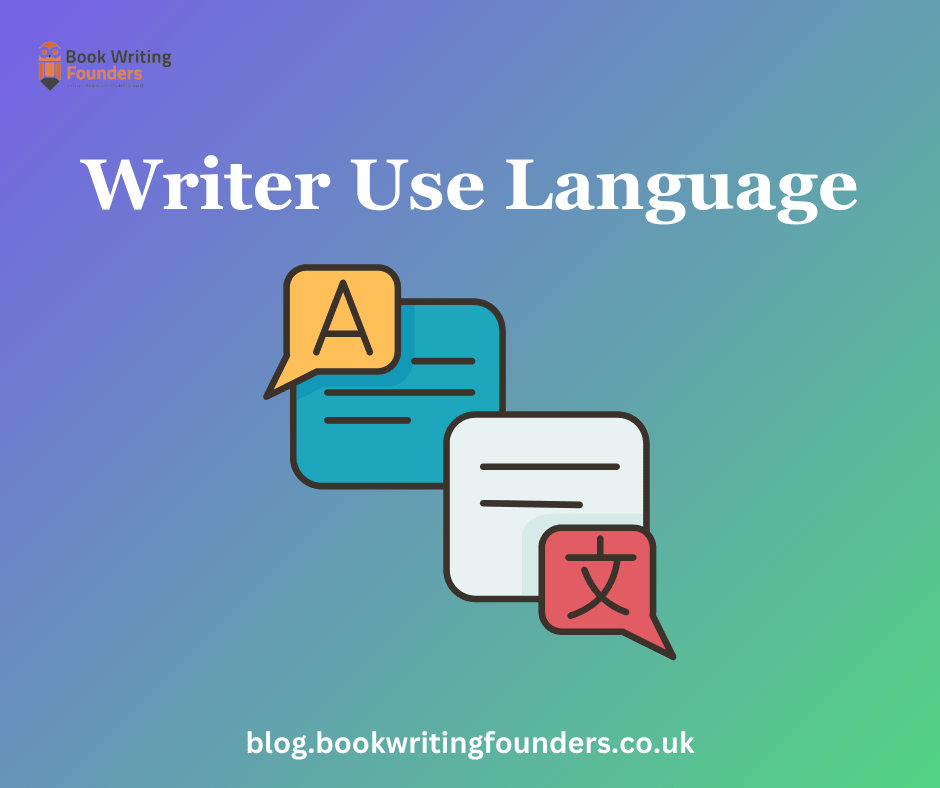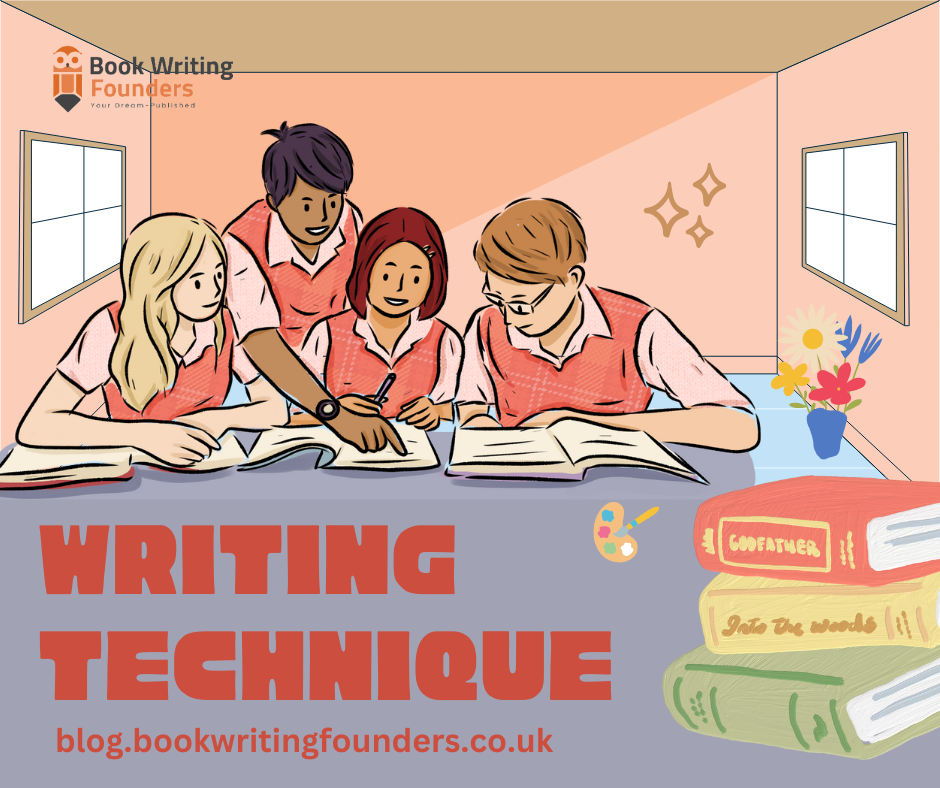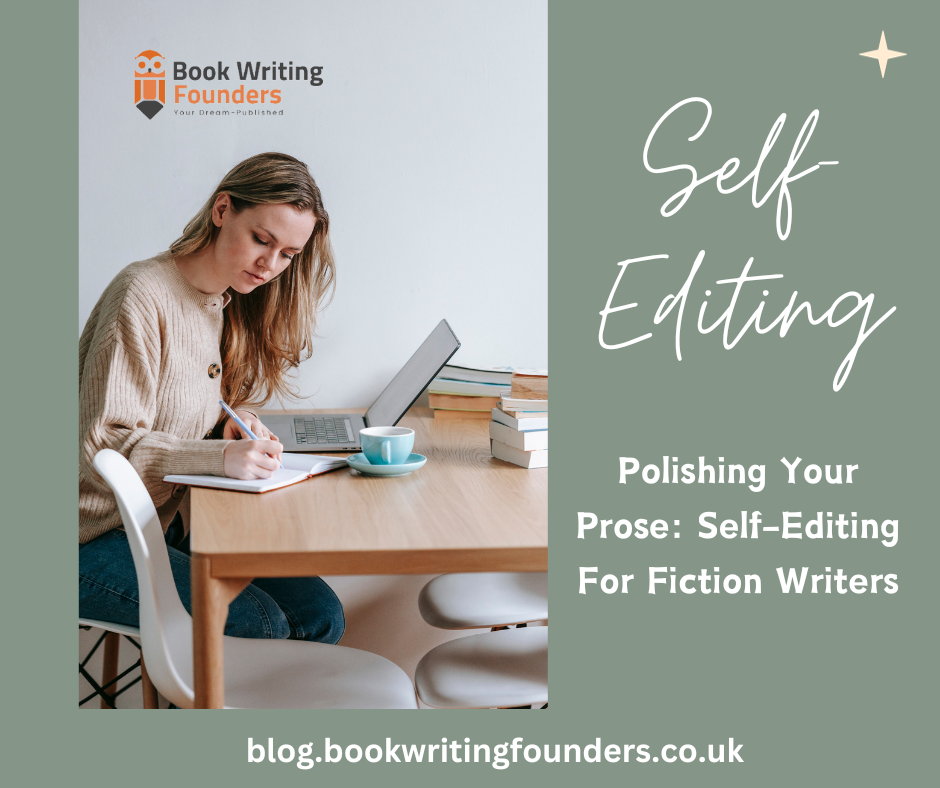
Books
Introduction
Writers aim to enthuse readers with their language. Because of this, so many writers are searching for writing tips and tricks for keeping readers interested. To explore more writing tips, visit our article on How Does the Writer Use Language to Create a Strong Impact. With so much written content and other entertainment options, keeping your audience’s attention might not be easy. What makes you worth a reader’s attention? Take charge of your writing and stand up to the question. With these ways writers employ to interest readers, you may seize their attention.
Draw Readers In
When something immediately grabs your attention, it’s difficult to switch your attention to anything else. A writing hook should achieve this. Learn more about effective writing hooks in our blog post on What is Transactional Writing and Its Example. Sometimes the catch is a startling fact or statistic. Other times, readers are moved by a story or topic. Often, how you write something matters more than what you write to capture someone’s attention.
Let’s begin with a startling statistic. Many readers continue reading because they are intrigued by the content and want to learn more. Describe a difficult or moving problem from an emotional point of view to elicit sympathy or feelings of empathy from readers. Tell someone’s major narrative in a style that is result-driven and action-oriented. This may pique readers’ interest in reading more of this person’s narrative.
Make Your Enthusiasm Clear
Even the best hook in the world won’t keep your readers interested if the language that follows it is dull. Readers can tell whether you are passionate about your job regardless of the type of language you undertake. Select a topic or a particular take on a given topic that you are truly passionate about sharing with others. For more insights on this, read our post about How to Become a Ghostwriter – 4 Easy Steps. Readers can tell whether you are passionate about your job regardless of the type of language you undertake. Select a topic or a particular take on a given topic that you are truly passionate about sharing with others. You’ll find it simpler to engage readers due to allowing your enthusiasm to come through in your writing. Book Writing Founders UK is the best writing services company in the UK.
Utilize the Storytelling Power
Significant strategy writers use to captivate readers is to apply the rules of a good narrative. Write to make people want to keep reading. They’ll become so engrossed that they won’t be able to stop reading until they’ve finished what you’ve written.
Develop your characters well before you even begin writing. For readers to be engaged, characters must be created that they can identify with and relate to.
Use a conversational tone to genuinely engage readers and create a sense of connection between them and the characters or narrator of your story. For a lively pace, use a lot of action words.
To share someone else’s powerful narrative, describe their experience, and express sympathy. A remark like, “She grew up learning how to speak English by watching movies smuggled into her country,” piques the reader’s interest and makes them want to know more.
Create an Emotional Bond
Another strategy writers use to pique readers’ interest is establishing an emotional connection in their writing. It’s essential to create an emotional connection in your writing with readers, whether it be through rage, fear, or grief.
If you want readers to have a strong response to your writing and want to keep reading, use loaded words rather than less visceral terminology. Write using figurative language to produce memorable and vivid visuals that fascinate readers. Create an immersive environment that readers may get lost in and desire to return to using descriptive language.
Create a Platform and Follower the Community
Writers today must consider the digital space in addition to the pages of books or periodicals if they wish to connect with readers meaningfully. The most successful authors know how crucial it is to have a significant online presence, whether through their website or social media and to constantly communicate with a sizable fan base.
To communicate with readers and potential readers, think about blogging, podcasting, or creating a YouTube channel. On social media platforms like Facebook, Instagram, Twitter, and LinkedIn that are popular with your target audience, establish a professional presence centered on your work. Without an audience, traditional publishers are unlikely to sign new authors, and those who self-publish are unlikely to find success.
Be Sensible
Being open to criticism can be crucial to being a great writer. By being brave enough to share why you are personally invested in an issue and how it has impacted you, you may add a personal touch to your work or social media posts.
No one else can tell your tale; you must tell it. Be willing to share some details. To attract people to listen, you don’t need to tell them about your life; provide some amusing facts about a particular subject.
Make it personalized, for instance, if you were writing about ice cream. Even ice cream might sound disgusting when written by a robot. Anyone who reads an article that starts with the sentence, “Ice cream tastes delicious. A lot of people like it. Consider using a more personal example: “I smiled and ate the entire bowl of frozen, chocolatey ice cream the first time I took a delicious, creamy morsel into my mouth.”
Be truthful
Technical language proficiency is crucial to reader engagement. Even the most moving story won’t likely keep readers interested if it’s full of mistakes. Make sure your opening paragraphs are flawless to grab readers’ attention and inspire them to continue reading what you have to say. If there are mistakes in your published work, you risk losing the interest of your audience and your credibility as a writer.
Before publishing any written work, carefully proofread and edit it. Use the advice below to edit your writing. If your publication doesn’t offer editing services, think about hiring one so they can proofread your writing before you distribute it to readers.
Receive criticism
The finest writing advice is to never stop writing, never stop editing, and never stop seeking feedback on your work. Receiving reader feedback will teach you how to captivate your audience and make them pay attention to your words. A fantastic method to show vulnerability and establish a personal connection with your audience on social media is to ask for and respond to comments there.
Keep developing as a writer
There’s a fair probability that you’ll start to come off as a little disengaged and that your reader engagement will suffer if you reach a point where you believe your writing is so excellent that there is no opportunity for improvement. Instead, keep your eyes on expanding and developing. While attempting to master your writing, keep in mind that there is always room for improvement. By doing so, you’ll be able to maintain your passion for the work and remain committed to producing high-quality articles that satisfy readers’ demands while engaging them.
Attend writing classes or workshops online. Enroll in a writing course at a university or community college. Join a local writers’ group or a professional development organization for writers. Maintain a journal and update it frequently. As needed, use writing prompts for inspiration. Find writing competitions that fit your genre and enter them.
Increasing Your Clientele
It’s time to focus on growing your audience now that you have some strategies for keeping your readers interested. Learn how to craft the ideal press release first. Publishing a press release is a fantastic way to get the word out so you can start extending the audience for your writing, regardless of whether you have a new book or short story coming out or if you’re starting a podcast or YouTube channel dedicated to your writing.
Main Strategy and Elaborate Information
| Strategy | Description | Example/Detail |
|---|---|---|
| Draw Readers In | Using hooks to immediately grab attention. | Startling statistics or emotional narratives. |
| Make Your Enthusiasm Clear | Conveying passion through language. | Discussing a topic with genuine interest. |
| Utilize The Storytelling Power | Employing narrative techniques to captivate readers. | Developing relatable characters and using action words. |
| Create An Emotional Bond | Establishing a connection through emotional language. | Using figurative language for vivid imagery. |
| Create A Platform And Follower | Building an online presence and community. | Engaging through blogs, podcasts, or social media. |
| Be Sensible And Truthful | Being open to criticism and maintaining accuracy. | Sharing personal stories and ensuring technical proficiency. |
| Keep Developing As A Writer | Continuously seeking improvement and feedback. | Attending workshops and responding to reader comments. |
Conclusion
In conclusion, writers use language in many ways to create a strong impact on their readers. By carefully selecting words, using literary devices, and appealing to emotions, writers can create a vivid and immersive experience for their readers. By using the structure and formatting to control the reader’s experience, writers can create a more memorable and impactful story.





